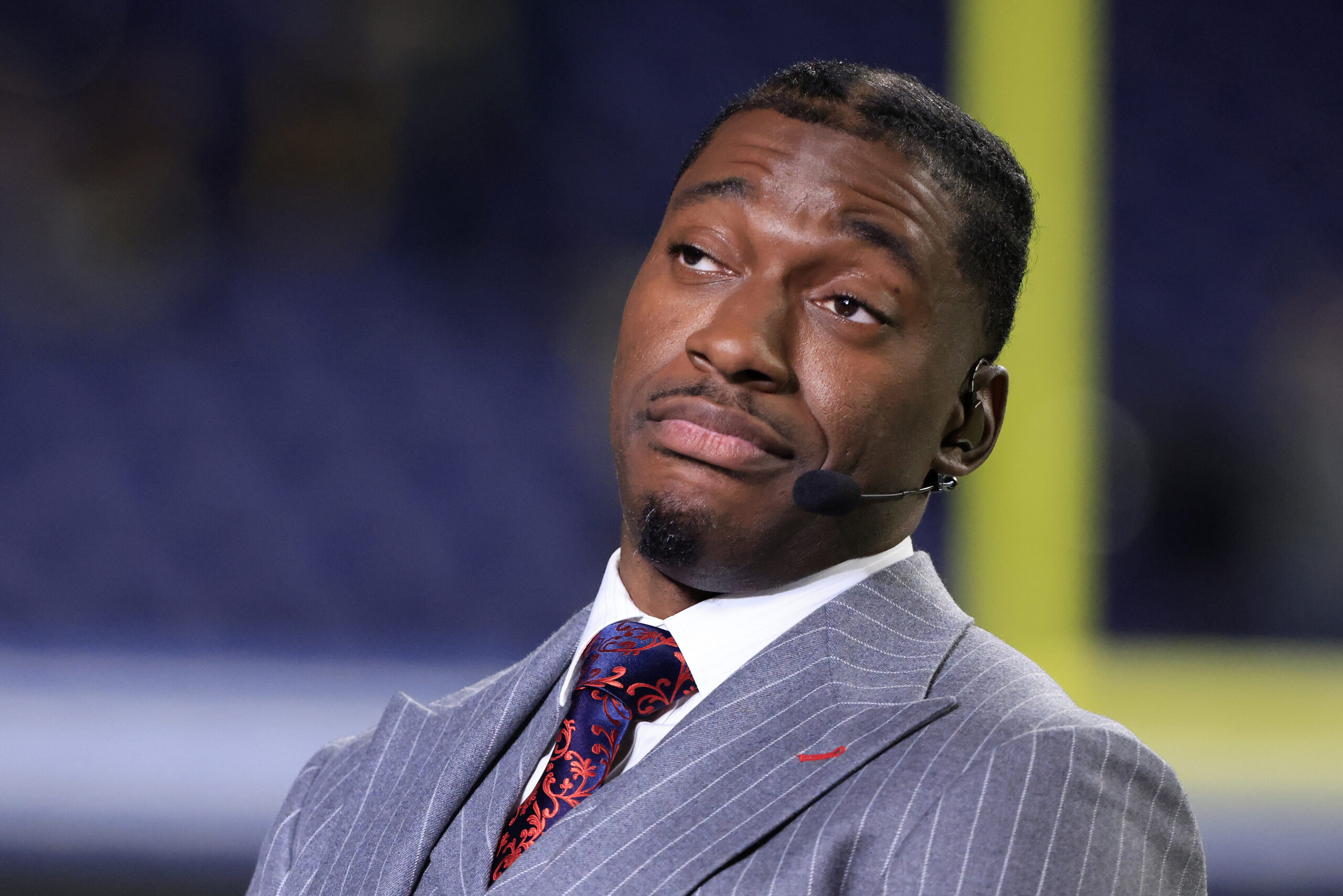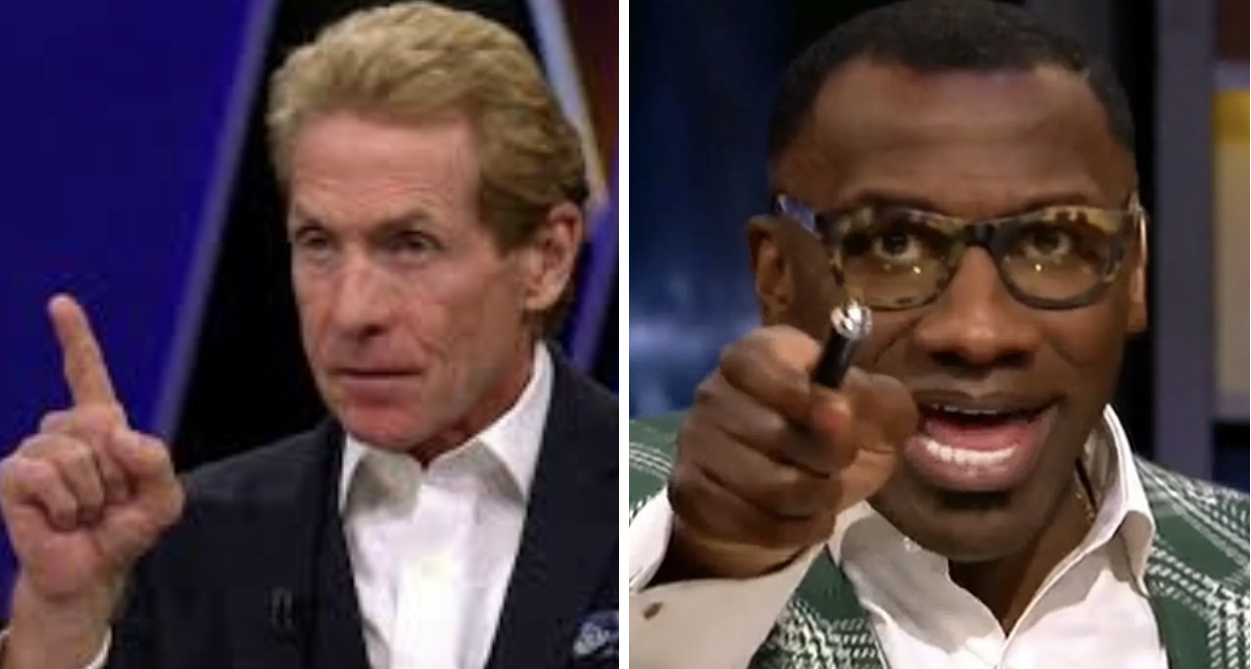Kevin Blackistone is one of the most respected voices in sports journalism today. The professor at the Philip Merrill College of Journalism at the University of Maryland and frequent panelist for ESPN’s Around the Horn has been on his grind since working for the Boston Globe after graduating from Northwestern University’s Medill School of Journalism in 1981.
We recently caught up with him in Philadelphia at the Prospanica and National Black MBA Association Conference for a Q&A to discuss the observations and motivations that have sustained him throughout his journey.
***
The Shadow League: As a young man growing up in Washington, DC, when did you first have the vision of wanting to be a truth teller and storyteller, wanting to navigate your way through the media business?
Kevin Blackistone: I didn’t start out in sports. I started out in news, investigative and economics. I grew up in a household with a father that was very involved in community politics and also was someone who would frequently write letters to the editor. I saw what he did and the results that it had.
I delivered the Washington Post the morning that President Richard Nixon resigned. It all underscored to me the power of media, and newspapers specifically. I knew that I wanted to be involved and I was around some people in college who were great mentors, who really opened my eyes to how this craft works and what I could do with it.
I always wanted to write about news events through the lens of Black man in this country. And that’s what I tried to stay true to.
ESPN’S KEVIN BLACKISTONE RIPS MICHAEL JORDAN FOR NOT GIVING MONEY TO BLACK LIVES MATTER!
Uploaded by TICKETtv on 2016-07-26.
TSL: If you could boil your success and the things that motivated you throughout your career down to a couple of key principles, ideals or ingredients, what would they be?
KB: I always try to take a little bit of time to try to digest things, which is hard nowadays because news is instantaneous. I try and do that because so much has gone on historically, and I always like to infuse what I do with history. I really have to study things for a while and really study it from a perspective of a Black man in this country.
For example, years ago on a Sunday night, I was at a basketball game and hear my name being called over the loudspeaker. My editor was calling me to tell me that Arthur Ashe had died. They wanted me to write a column for the paper for the next day. I paused for a minute and said, “There’s no way I can sum up the importance of Arthur Ashe in the span of the next 90 minutes and write a piece that would be worthy of publication in terms of who he was by tomorrow morning.”
I said, “Give me a day.” And that’s what I took. It gave me a chance to reflect and think about what he meant to his sport, what he meant to us, to protest movements – because people forget about that aspect of who he was.
ESPN Panelist: National Anthem ‘War Anthem’ that Should Not Be Used Before Games
Uploaded by National Review on 2013-11-07.
TSL: Speaking of protest movements, what are your thoughts around this generation of athletes taking a stand on social issues and players like LeBron, Kap, Carmelo and others making such a profound impact in the community?
KB: One thing I always say when I talk about athletes in this vain is that I wouldn’t ask anything of any one, athlete or not, that I wouldn’t ask of myself. In one sense, I feel bad for these guys because I feel like we have unnecessary expectations of them and put demands on them that we don’t even put on ourselves, or our communities or neighbors or whoever we work with.
Going back to talking about how I approach things, it’s really interesting that LeBron James has educated himself over time. He has learned about the environment in which he sits and the plight of Black folks.
Before the Olympics in Beijing, someone asked him about Nike’s involvement in sweatshops in Asia. He gave a response that didn’t sit well with people, but it was an honest response, and I respect it. He said,” I really don’t know much about it right now, but it’s something I need to study and learn.” And sure enough, he did that and the next time he was asked, he came back with an educated answer.
I think about somebody like Tracy McGrady, who after retiring went to Sudan and wound up making a documentary film about what he saw. He educated himself. That’s what impressive about a lot of these guys.



